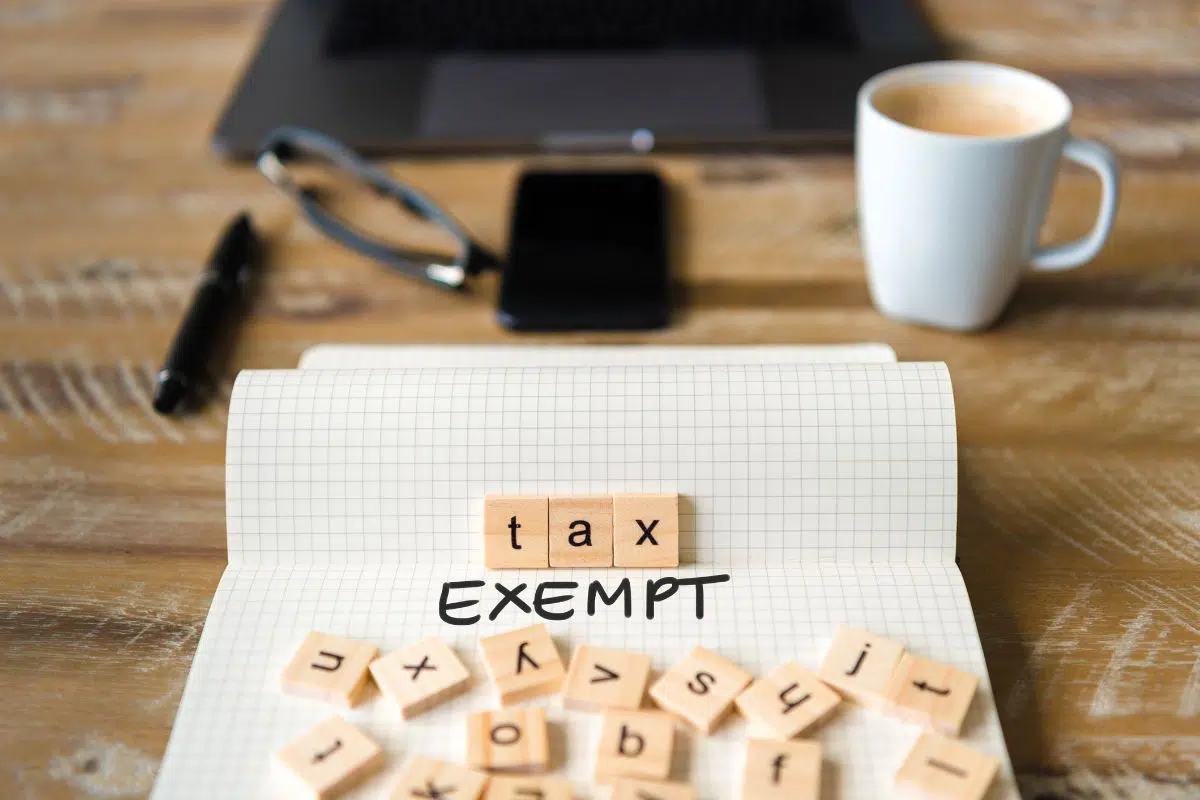Establishing tax-exempt status under section 501(c)(3) of the federal tax code is an initial step that most organizations must take to operate as non-profit organizations. However, many non-profit organizations fail to realize that they must also take periodic measures to comply with the regulations that govern non-profit organizations to maintain their tax-exempt status. In some cases, the tax exempt status of non-profits can be automatically revoked by the IRS if the organization fails to file the appropriate tax returns or notices for three consecutive years.
How a Non-Profit Organization Can Reinstate Its Tax-Exempt Status
Fortunately, there are four different ways that a non-profit organization can reinstate its tax-exempt status after the IRS has automatically revoked that status.
-
Streamlined Retroactive Reinstatement
Non-profit organizations that were qualified to file Form 990-EZ or 990-N for each of the three years that led to their automatic revocation of tax-exempt status can have their status retroactively reinstated to the date of revocation if they meet the following criteria:
- They have not previously had their tax-exempt status revoked.
- They complete and submit Form 1023, Form 1023-EZ, Form 1024, or Form 1024-A, along with the appropriate user fee, no later than 15 months after the later of:
- The date of the Revocation Letter from the IRS, or
- The date that the organization appeared on the Revocation List on the IRS website
Under this option, the IRS will not charge penalties for failure to file returns if the non-profit files Form 990-EZ for all taxable years and receives retroactive reinstatement.
-
Retroactive Reinstatement Process (within 15 months)
The retroactive reinstatement process is available for non-profits that do not qualify for streamlined retroactive reinstatement. For instance, non-profits may be ineligible if they previously have had their tax-exempt status automatically revoked or were required to file Form 990 or 990-PF for any of the three years that led to their revocation. Non-profits may use this process if they meet the following qualifications.
- They complete and submit Form 1023, Form 1023-EZ, Form 1024, or Form 1024-A, along with the appropriate user fee, no later than 15 months after the later of:
- The date of the Revocation Letter from the IRS, or
- The date that the organization appeared on the Revocation List on the IRS website
- They include a statement establishing reasonable cause for their failure to file a required annual return for at least one of the three consecutive years that it failed to file.
- They include a statement confirming that they filed the required returns for those three years and any other taxable years following those years and before the post-mark date of their application.
- They file any required returns for those three years and any other tax years following those years.
Under this option, the IRS will not charge any penalties for failure to file returns for those three years if the non-profit receives retroactive reinstatement.
-
Retroactive Reinstatement (after 15 months)
Suppose it has been more than 15 months after the later of date of the Revocation Letter from the IRS or the date that the organization appeared on the Revocation List on the IRS website. In that case, the non-profit can get retroactive reinstatement if:
- It meets all the qualifications listed above for the retroactive reinstatement process within 15 months, except that
- It includes a statement establishing reasonable cause for its failure to file a required annual return for all three consecutive years that it failed to file
Likewise, the IRS will not charge any penalties for failure to file returns for those three years if the non-profit receives retroactive reinstatement under this option.
-
Post-Mark Date Reinstatement
Non-profit organizations also may apply for reinstatement dating from the post-mark date of their application as long they submit Form 1023, Form 1023-EZ, Form 1024, or Form 1024-A, along with the appropriate user fee.
We Are Here to Help You with Your Legal Needs
Our goal is to help you understand how to establish and maintain your tax-exempt status and reinstate it, if necessary. In addition, we can help you take proactive steps to avoid problems with the laws and rules that govern these issues. Contact the offices of Provident Law today at (480) 388-3343 and schedule an appointment to speak with us about your legal matter.


